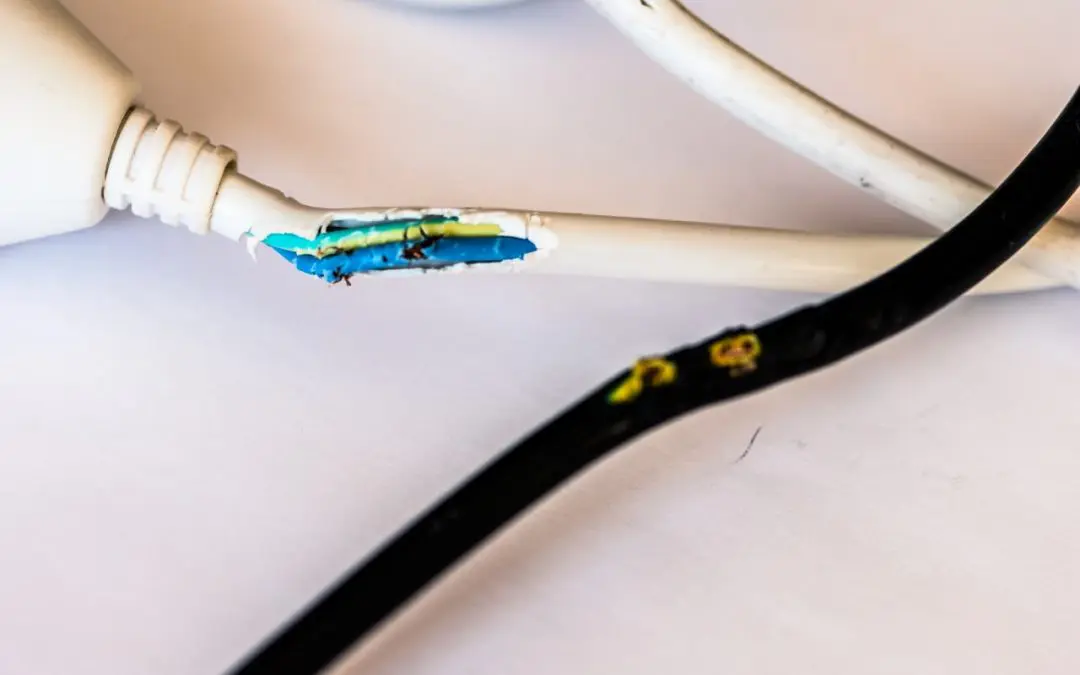While electricity makes life at home more comfortable and convenient, it can also be dangerous to work with. If you are not careful, electricity can result in burns, electrocution, or a house fire. Here are eight tips for electrical safety in the home to keep your family and property from harm.
Electrical Safety at Home
1. Unplug Appliances When Not in Use
Unplug computers, electronics, and appliances when you are not using them. In addition to saving money on your energy bill, unplugging devices reduces the risk of electrical fires at home.
2. Replace Worn or Damaged Cords
If you have appliances with damaged or frayed cords, repair or replace them immediately. Unplug the device, and don’t use it until you have made repairs.
3. Keep Electrical Outlets Clear for Safety in the Home
Keep the area around all electrical outlets clear. If you have curtains or drapes, make sure that they don’t hang over outlets as this can be dangerous. Electrical outlets can become hot when used, and nearby flammable materials could ignite.
4. Install Outlet Covers
Installing an outlet cover prevents curious toddlers and children from inserting toys and fingers into the socket. Plastic outlet covers are available at your local home improvement store. They are plugged in in much the same way as an appliance to cover the holes of the outlet.
5. Keep Electronics Away From Moisture
Moisture and electricity are a dangerous combination. When working with electronics, keep the area dry because water increases conductivity and causes serious injuries.
6. Electrical Safety in the Home: Extension Cords
Extension cords are a great way to power appliances and devices in places that don’t have an outlet. When using extension cords, it is essential to use the correct one for your purpose.
7. Install Surge Protectors
A surge protector is an electronic accessory that regulates the electrical flow from an outlet, keeping electronic devices safe even if there is an electrical surge in the area. Use a surge protector to power important and expensive devices, like your laptop and television.
8. Use Insulated Tools When Working With Electronics
When working with any electronics, always use tools with rubber handles. Insulated handles won’t conduct electricity and are safer to work with. It’s helpful to wear protective gear such as rubber gloves and goggles to protect your hands and eyes as you work.
Drew Inspection Service offers inspection services to homebuyers and sellers in South Dakota. Contact us to request an appointment.

